
Leading academics call for greater transparency about Google's Right To Be Forgotten
Just yesterday Google revealed that it rejects most Right To Be Forgotten requests it receives. In publishing yet another transparency report, the search giant will have hoped to have put to bed any questions that users and critics may have had. While the report may have satisfied some, it did not go anywhere near far enough for one group of academics.
A total of 80 university professors, law experts and technology professionals have written an open letter to Google demanding greater transparency. The letter calls upon the company to reveal more about how Right To Be Forgotten requests are handled so that the public is aware of the control that is being exerted over "readily accessible information".
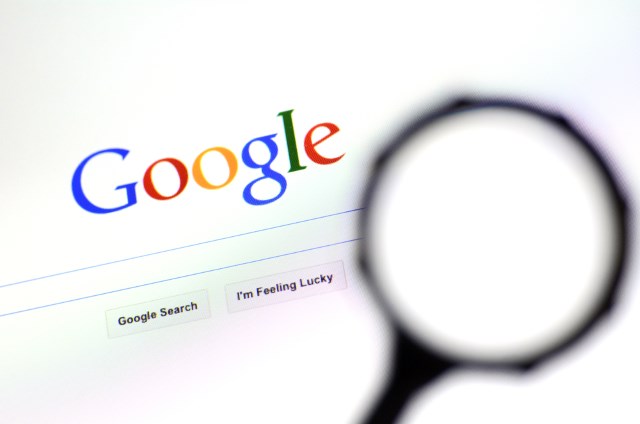
Google rejects most Right To Be Forgotten requests
One year ago, a European court ruled that Google should comply with requests from individuals to remove certain results from search results; it became known as the Right To Be Forgotten. Twelve months after the initial ruling, Google has published a new transparency report that shows it rejects more requests than it complies with.
The Right To Be Forgotten stemmed from a case brought by Spaniard Mario Costeja González who wanted Google to remove search results that pointed to online articles about his home being repossessed. There then followed an influx of requests after Google set up an online form to provide individuals with an easy way to get in touch.
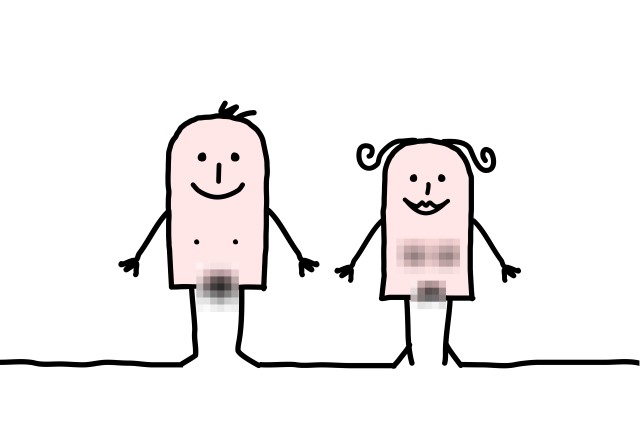
Instagram is OK with a little nudity, preferably at a distance
Photo-sharing site Instagram has updated its community guidelines to make it clear what sort of images are acceptable. If you were hoping to use your account to supply your followers with a stream of pornography pics, you're out of luck, sadly. Nudity is -- for the most part -- out (we don’t allow nudity on Instagram), including "close-ups of fully nude buttocks"; distant shot of butts are, seemingly OK, as are close-ups of partially clothed cheeks.
Whether we're talking about Twitter, Facebook, Instagram or any of the other countless social networks out there, users frequently fall foul of acceptable content guidelines. Images of nudity and violence are frequently complained about and Instagram's latest guidelines now make it abundantly clear what’s OK and what's not.
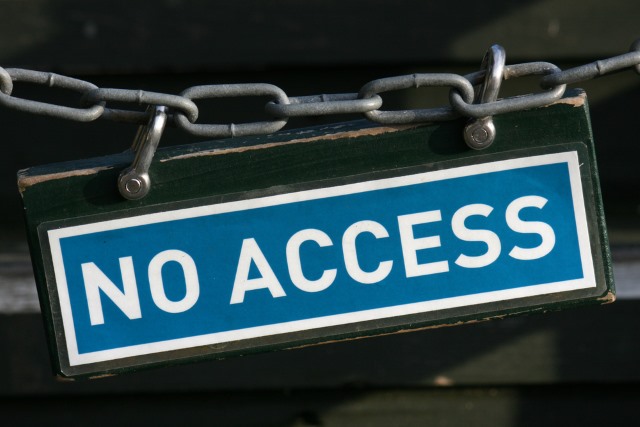
Turkey blocks Facebook, YouTube and Twitter; Zuckerberg caves in, Google fights back
Today Turkey blocked access to a number of websites including YouTube and Twitter. The ban came after the sites published images of a prosecutor being taken hostage at a court in Istanbul earlier in the week. Google has vowed to getting things back up and running, but it's not the same story for everyone.
While a block was also put in place on Facebook, the social network sidestepped the ban by agreeing to comply with a court ruling. This is not the first time Mark Zuckerberg's site has bowed to pressure from Turkey. At the beginning of the year, despite previous claims to stand up for free speech, Facebook bowed to pressure to block pages that insulted or offended the Prophet Mohammad. Now it looks as though history is repeating itself.
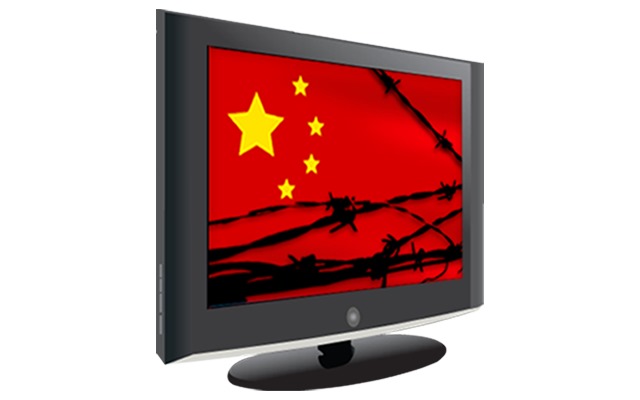
Anti-censorship site Greatfire.org suffers massive DDoS attack
GreatFire.org, the website with the aim of delivering uncensored news to China, has been hit by a massive DDoS attack. The attack started on March 17 but the anti-censorship site has only just gone public about it and made a call for help.
The organization believes that the attack -- which it calls "censorship by brute force" -- could be a response to an article in the Wall Street Journal. With a peak of 2.6 billion page requests per hour, servers were simply unable to cope with the traffic, knocking GreatFire.org's mirror sites offline.

Nipples, terrorism, and vivid sexual description -- Facebook's list of banned content
Facebook has updated its Community Standards document, outlining the type of content that is not permitted on the social network. When it's not forcing people to reveal their real names, blocking 'offensive' content, or encouraging users to vote, Facebook is often to be found removing content that has been reported for one reason or another. But what's acceptable, and what's not?
A little while back, the site revealed a simplified version of its privacy policy, and now the Community Standards document has received the same treatment. Facebook has set out the types of pictures that are permissible, along with specifying guidelines for other content. So, what's OK, and what’s not?

Reporters Without Borders unblocks access to censored websites
Online censorship is rife. In many countries, notably China, citizens are prevented from accessing certain websites at the behest of their government. To help provide access to information and unbiased news, freedom of information organization Reporters Without Borders has set up mirrors to nine censored websites so they can be accessed from 11 countries that blocked them.
As part of Operation Collateral Freedom, Reporters Without Borders is mirroring the likes of The Tibet Post International which is blocked in China, and Gooya News which is blocked in Iran. Mirrored sites are hosted on Amazon, Microsoft and Google servers which are unlikely to be blocked by a censoring country.
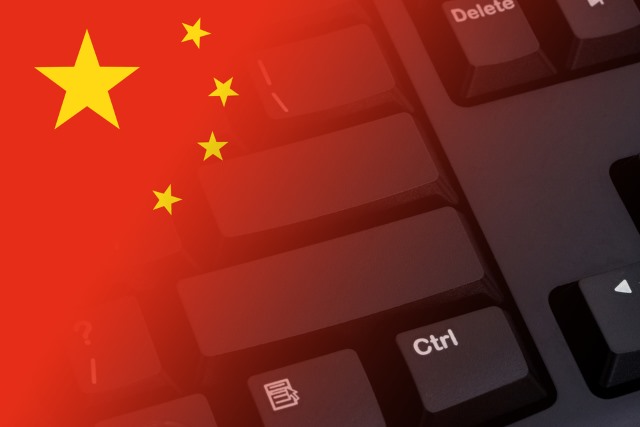
Thousands of online accounts fall victim to Chinese censorship
Censoring of the web in China is nothing new. Services like Gmail often find they are blocked, and there are constant battles on both sides of the Great Firewall of China to get information in and out of the country. The most recent battleground has been online usernames, and new regulations have come into force that dictate what is acceptable, and what is not.
China has long tried to force internet users to use their real names online and just before the new regulations took effect, more than 60,000 online accounts were deleted because they failed to comply. The Cyberspace Administration of China said that big names including Alibaba and Baidu had removed the accounts which infringed the guidelines for various reasons.

Reddit imposes ban on non-consensual sexual content
If you want to post naked pictures or videos of people on Reddit without their consent, you only have a couple of weeks to do so. As of March, the site is imposing a ban on content of an explicit nature that the subject has not given permission to be posted.
The cleanup of the site comes hot on the heels of news from Google that explicit content will be banned from Blogger. It also comes in the wake of last year’s Fappening which saw a glut of naked celebrity photos leaked online.
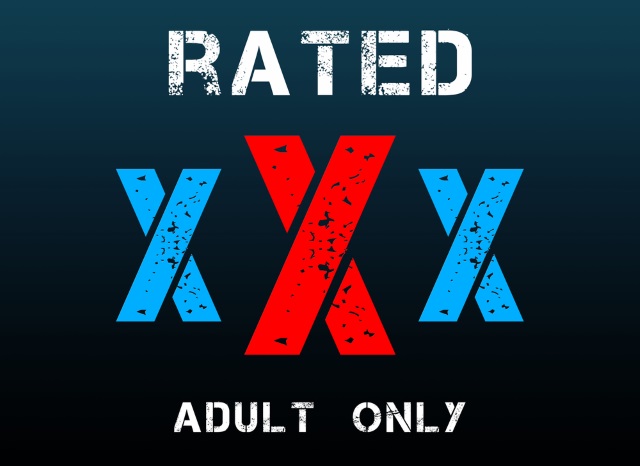
No sex on Blogger please, we're Google
Blogger users risk having their blogs removed from public listings if they feature graphic nudity or explicit content. Starting on March 23, any Blogger blog found to contain offending pictures or videos will be converted into a private blog that can only be seen by the owner and those, erm, explicitly invited to see it.
Google emphasizes that no content will be deleted from blogs created before March 23, 2015, but is encouraging blog owners to take action. It's a different story for any blog set up after this date.

Valve blocks talk of Kickass Torrents in Steam chat
If you want to chat about the relative merits of Kickass Torrents, it seems that Steam chat is not the place to do it. The censoring of words deemed offensive is nothing new, but gamers have found that any messages they post which included references to Kickass Torrents or the URL http://kickass.so are stripped.
Like the Pirate Bay, Kickass Torrents has fallen victim to domain name seizures, but even though the site has been taken offline, it would appear that Steam does not want its users to discuss it. A ban on mentioning the site has been described by some gamers as "covert censorship".

Google faces a Sisyphean task to remove terrorist content from YouTube
Too much content is uploaded to YouTube for Google to be able to effectively police users' videos. This is what the search giant said in response to calls for more to be done to counter terrorism-related content on the video network.
Online censorship versus the right to freedom of speech is a battle that has waged online for some time now. Some parts of the world are more prone to censorship than others, and it's an argument that bubbles up from time to time. The debate usually centers around the moral rights and wrongs of censoring content, but the issue of practicality occasionally rears its head as well.
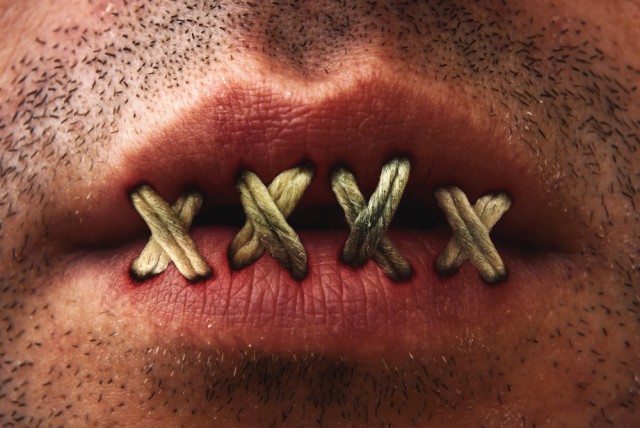
Internet censorship: The worst offenders
In the UK, policies that restrict the flow of information across the Internet are generally met with outcry and consternation for contradicting our fundamental right of free speech, but for many individuals widespread Internet censorship is the norm.
However, online censorship is much more pervasive than one might initially think, with Ethiopia, Russia and even the UK currently listed as Enemies of the Internet by the French non-governmental group Reporters without Borders (RWB).
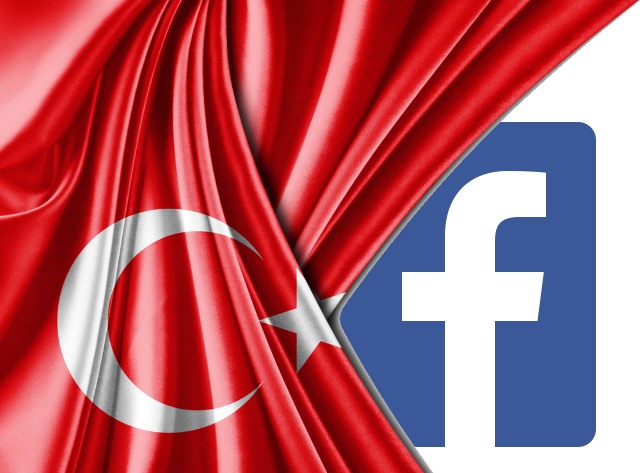
Facebook is weak and utterly wrong to censor 'offensive' pages in Turkey
Mark Zuckerberg is a hypocrite. For all of his spiel about being a proponent of free speech, ultimately he is a man all too willing to bow to the demands of a country. Turkey took umbrage at the existence of pages that insulted or offended the Prophet Mohammad and threatened to completely ban Facebook in the country if they were not blocked.
Facebook has now decided to comply with the Turkish demands. Zuckerberg would have us believe that "we never let one country or group of people dictate what people can share across the world", but this is clearly not the case when it comes to upsetting the Islamic faith. This latest move is a political one and shows a lack of strength and conviction.

Turkey to Facebook: ban pages that insult the Prophet Mohammad or we'll block you
Over the weekend a court in Turkey told Facebook to block several pages that had been deemed to insult the Prophet Mohammad. A court order was delivered to the social network with the threat that if Facebook failed to comply, the site would be completely blocked in Turkey.
Turkey's banging of the religious insults drum comes just weeks after satirical French magazine Charlie Hebdo was targeted for featuring a cartoon that mocked the prophet. At the time Mark Zuckerberg spoke out in support of the #JeSuisCharlie campaign that followed the tragedy, saying that Facebook had previously refused to ban content about the prophet, but it's not clear whether Turkey's threat could make things different this time.
